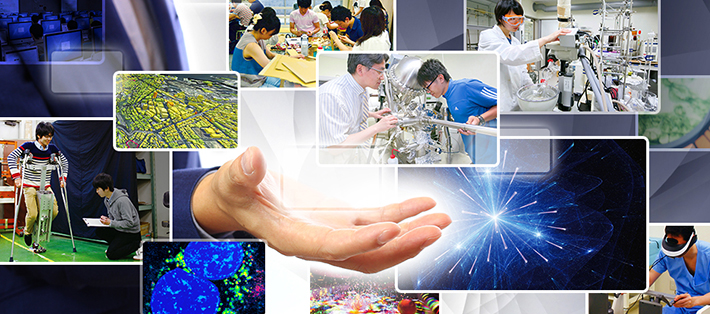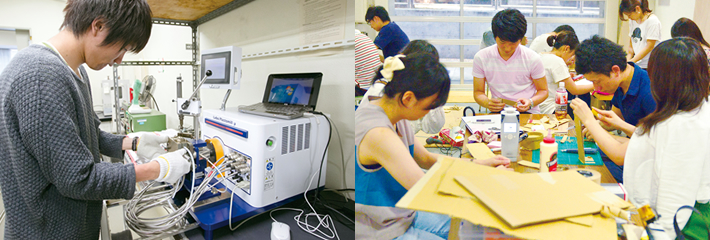Initiating a super-smart society with next-generation artificial intelligence
Artificial Intelligence, one of three graduate majors offered by the School of Computing, aims to improve the relationship between human and computer. This major focuses on studying methods for constructing highly intelligent information systems and services which contribute to the advancement of society. A team of seasoned faculty members with notable results in various fields collaborate to develop students' abilities and skills. Past graduates have accomplished outstanding achievements in fields such as software, communications, broadcasting, electricity, control equipment, automobiles, steel, finance, consulting, and public affairs.
. Any information published on this site will be valid in relation to Science Tokyo.










